PERFORMANCE: The Actors' Roundtable: "Talkbacks"
 Paden Fallis |
Paden Fallis |  November 8, 2012
November 8, 2012
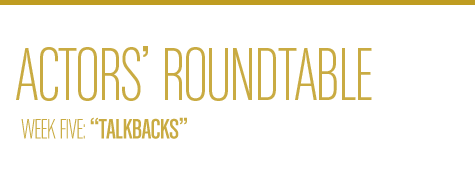 |
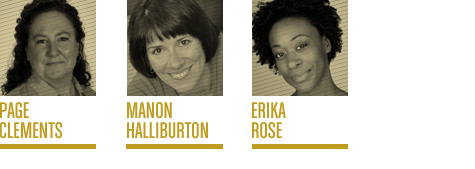 |
|
For 12 weeks, Paden Fallis posed one question each week to a group of professional working actors from a variety of backgrounds in an effort to dig a bit deeper into their artistic working processes. In this second series of 12, an expanded group of actors explores where their art fits into the larger cultural context.
A “talkback” of sorts happened on January 5th, 1935 in New York City. The Group Theatre was performing Clifford Odet’s Waiting for Lefty to an unsuspecting audience. As Group member Harold Clurman recalls in his book, The Fervent Years, this performance was an event “to be noted in the annals of American theatre.” Actor and audience became one, as the audience hung on every word, shouting their approval, applauding, whistling, and cajoling as they became caught up in the show before them. They left the theatre unified, inspired by what they had just seen, eager to enact change in the world around them. We have talkbacks today as well. From where I stand, they are soulless, contrived, and add nothing to the experience. However, they have become a staple in modern theatre. If there is a show, there must be a “talkback” scheduled afterwards for the patrons to ask any and all questions of the actors and design team. These talkbacks appear to be with us until the bitter end. So, help me here. How do we fix talkbacks? Or, do they need fixing? - Paden Fallis, Performing Arts Contributing Editor |
|
|
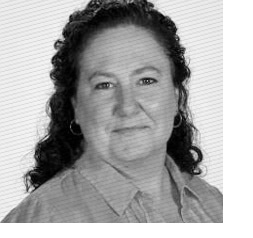
I will admit to enjoying talkbacks if I was thrilled with the show; not so much if I wasn’t. My attitude is a positive one, nevertheless. As an audience member, I have often wished to have been on the sidelines or backstage of a show to be privy to the inner workings of it all. Therefore, I attend talkbacks whenever possible. Perhaps this is due to my love of the entire process, but there it is. Perhaps the answer to the question of “fixing” them, if they seem boring, is to promote them differently. For example, if a producer were to advertise the talkback’s potential topics/information, then more people would want to attend, and leave feeling more excited about having been a part. I would want the actual talkback to first provide information about the production’s entire life and then follow up with an honest desire from the production team to receive information from the audience in return. I believe our audiences of today need to know they help tremendously. We love them as much as they love us, and more interaction is the ultimate goal. After all, we need continued education in all forms to help us improve our work, yes? |
|
|
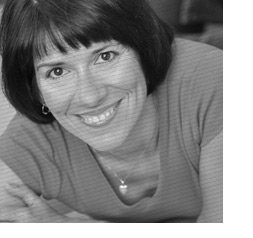
To be honest I don’t mind talkbacks and I don’t think they need to be fixed. It’s an open forum for the audience to be able to participate and get a behind-the-scenes look at a production. One thing that might help talkbacks that are often ripe with frivolous questions, is to arrange a good monitor who can guide the talkback in an intelligent manner. I think that a balance of open questions from the audience, as well as guided questions from the monitor, can make for a successful talkback. People are always gonna ask, “How do you learn all those lines?” And, of course, we as actors cringe at such questions, but at the end of the day, for someone who is not an actor, this may be a real curiosity and one that deserves an intelligent answer. |
|
|
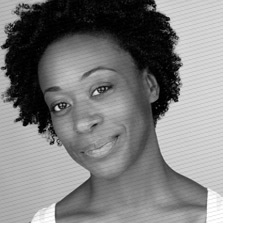
I think most theatres do talkbacks because it helps them get money from their patrons / subscribers / donors. It’s mostly bull. Similar to a theatre’s dedication to urban youth programs that they get grant money for. That’s out of left field, I know, but it seems like there are unexamined relics all over the theatre attic. Talkbacks, like outreach to urban communities, have become the thing you do, the thing people expect, but there’s no great methodology or thought behind it. You can get a lot of grant money for looking like you’re doing something. You don’t actually have to be purposeful or have substantive programming. You just have to do it. Theatres don’t need to reevaluate their talkbacks. Nobody is asking them to. We all hate them, but we feel it’s our duty to sign up and show up. Audiences aren’t complaining, so they probably won’t change. I think our failed talkback structure is especially dangerous when theatres around the country start doing works that are racially provocative. What theatre has the money for a trained facilitator/moderator that might be able to handle difficult, racially charged discussions of plays like Clybourne Park? Nobody, unless you decide it’s something you think is important and make it happen. Something amazing can be exchanged between audience members, actors, and the play, if we are intentional about it. Woolly Mammoth had a talkback after every performance of Clybourne Park and only two of them involved the actors. The rest were post-show discussions with professors, community activists, and experts on various topics that came up in the play. That sounds intentional to me. Not every talkback has to involve actors, but you see, it’s cheaper and involves less planning if theatres just have actors do it for free. Those post-show discussions take coordination and maybe even funding. Lazy. Okay? That’s where I stand. |
|
|
|
|
Page Clements has been a professional actress, vocal instructor, and private coach in NYC for over 20 years. Currently an instructor of voice, dialects, and Shakespeare at the T. Schreiber Studio & Theatre in New York, she has just completed an instructional video for actors and public speakers to be released later this year. She has appeared in over 50 productions throughout the country, received the Favorite Vocal Coach and Dialect Coach Awards from Backstage in 2009, and is a member of Actors Equity Association. Manon Halliburton is a regional theater actress who has worked all over the country. She has also appeared in television shows such as Law and Order and The Sopranos, and recently shot her first film this past year and closed August Osage County at Kansas City Rep to rave reviews. She lives in Kansas City with actor Bob Elliott. Erika Rose is a Helen Hayes Award-winning actress living New York City. Regionally, she’s best known from her eight years of work on Washington, D.C. stages. |
| View all of our Roundtable discussions… |














